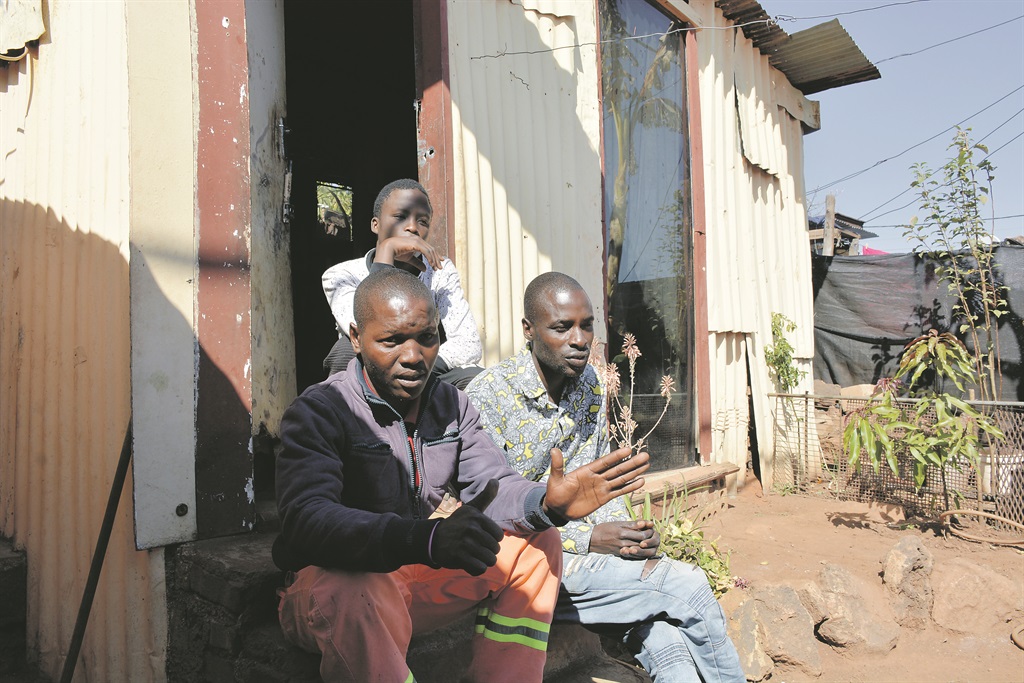Have you ever wondered, ‘If I dig straight through earth, what part of the world will I emerge in?’
Unlike what TV shows and movies show, digging straight through where you are right now, won’t land you in China or Australia.
Of course, it is not actually possible for someone to dig through the earth’s crust, reach its core and emerge from the other side (unless the other side is the one after death).

Well, Antipodesmap.com might have that answer for you. It is a simple site that calculates a straight line distance through the earth from a location you type in, showing you where you would end up.
Do not get too excited though, and before searching remember that 70% of our blue planet is covered by water, so chances are that you may be from any part of the world but you are going to end up in sea (digging through earth doesn’t sound like that great an idea now does it?).
However that is not the case with every place in the world – there are places where if you start digging, you might end up in another country, on land.
The website lists the names of ‘antipodal’ (antipode is basically the spot on earth that is directly opposite from you) cities.
If you were to dig a hole through the Uruguayan capital of Montevideo in South America, you will emerge in South Korean capital Seoul in Asia!
A good number of Chinese cities have antipodes in Argentina meanwhile, including Hong Kong with La Quiaca, while New Zealand and Spain also share a couple – most notably Christchurch and A Coruna.

The website description reads, ‘Most Europeans and Americans believe that if you dig a hole, in a straight line through the centre of the Earth, you would come out on the other side right in China.
But this is just a saying, because, in reality, if you dig a straight tunnel, in most areas, of Europe or United States you will come out in the ocean.
The only places where a straight hole will emerge in China are parts in Argentina and Chile’.
Nevertheless, it is fun to see which ocean you will land in and closer to what piece of land.
Source: IndiaTimes




